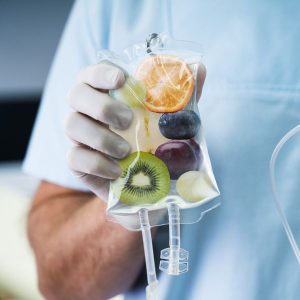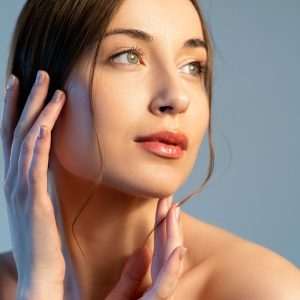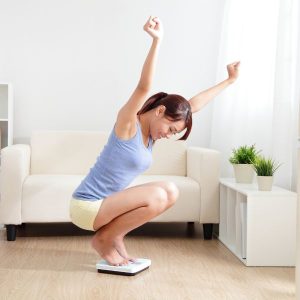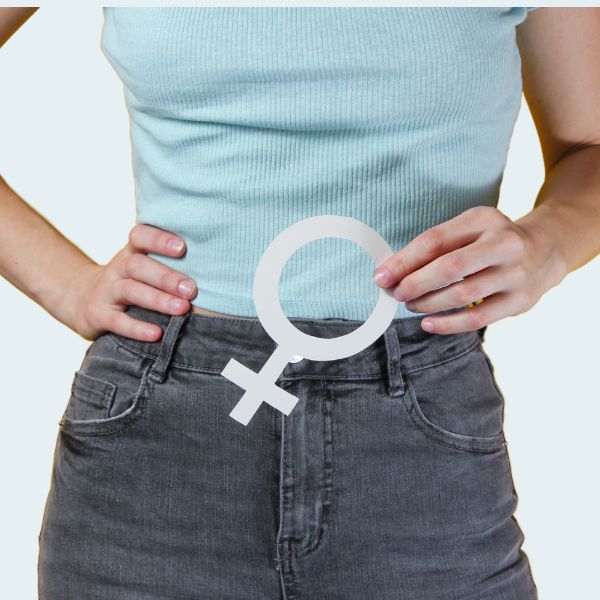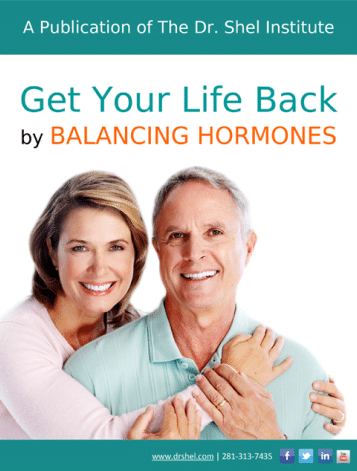Unlock the secrets to reigniting your passion with our expert help in Sugarland, TX! Discover the power of bio-identical hormones, and say goodbye to low libido.
 Low libido can have a profound impact on individuals, affecting not only their physical well-being but also their emotional and mental health. When someone experiences low libido, it can lead to a decrease in self-esteem and self-worth.
Low libido can have a profound impact on individuals, affecting not only their physical well-being but also their emotional and mental health. When someone experiences low libido, it can lead to a decrease in self-esteem and self-worth.
The feelings of inadequacy and frustration can take a toll on one’s confidence, making them question their desirability and attractiveness.
It’s super important to tackle the underlying causes of low libido and find possible treatments, like bio-identical hormone therapy in Sugarland, TX. This can help you regain your confidence and generally feel way better. Remember, you’re not alone in this journey to rediscover your passion for life!
Causes of Low Libido in Women
Low libido is a widespread issue that affects countless women worldwide. It’s a condition characterized by a decrease in sexual desire or interest in sexual activity.
It is crucial to recognize the various causes and treatment options of low libido since it has a potentially significant impact on a person’s quality of life.
Imbalanced Hormones
For women, the two big hormone players are estrogen and progesterone. These hormones are produced in the ovaries, adrenal glands, and, during pregnancy, the placenta. Not only do female hormones affect body weight, hair growth, bone, and muscle growth, but they also get in on the action.
Hormonal imbalances can be a challenging and frustrating experience for women. It has been estimated that approximately 80% of women suffer from hormonal imbalances. When women reach their 30s and 40s, their progesterone and testosterone levels usually decrease.
Hormonal imbalances can also lead to low sex hormone production in addition to low libido and lack of sexual interest. Women in their 30s and 40s can experience estrogen dominance, which is caused by low levels of progesterone.
Women who are in their 50s and beyond usually have low levels of estrogen (characterized by vaginal dryness, painful intercourse, and low libido), low levels of progesterone (usual symptoms are mood swings, depression, and low libido), and low levels of testosterone (symptoms are lack of sex drive, sex interest, and low libido).
Nutritional Deficiencies
Proper nutrition is crucial for energy and vitality, while a poor diet can lead to low energy, fatigue, and reduced libido due to insufficient calories or nutrients.
The global population of postmenopausal women is ever-increasing. Women over 50 accounted for 26% of all females globally in 2021, which was a 22% increase ten years earlier. In the US, post-menopausal women make up an average of 13% of the population.
A lack of zinc, vitamin D, vitamin B12, and iron can decrease libido. These nutrients are necessary for hormone production and energy metabolism.
Certain foods and diets also play a role in hormonal balance, affecting libido. Processed foods, unhealthy fats, and sugar can decrease libido. Meanwhile, eating whole foods, fruits, vegetables, lean proteins, and healthy fats can promote hormonal health and increase sex drive.
Post-menopausal women also consume over 30% of prescription medications, which can actually lead to nutritional deficiencies and, thus, a low libido.
Eating a well-balanced diet that incorporates a diverse range of nutrient-dense foods is crucial for maintaining good health, including sexual health and libido.
We’re also sharing a list of the best foods to eat to enhance your libido. Make sure you incorporate the following into your diet:
- Black Raspberries
- Cloves
- Figs
- Eggs
- Pine Nuts
- Avocado
- Almonds
- Ginseng
- Saffron
- Oysters
Psychological / Emotional State
Depression and anxiety, two common mental health conditions, have been known to reduce libido. The lifetime prevalence of major depression is 17%, with it being almost twice as high among women as it is among men. The weight of these conditions can often overshadow one’s desire for intimacy and pleasure.
Additionally, certain medications used to treat depression and anxiety, such as anti-depressants and anti-anxiety medications, can also have the side effect of decreasing libido. In about 29 to 46% of cases, people with anxiety or depression fail to achieve and sustain a full remission, while between 15% and 50% experience recurrences of depression.
Furthermore, research has established links between nutrient deficiencies and depression and anxiety. When our bodies lack essential nutrients, like B vitamins and zinc, it can impact our mental well-being, as these are essential for neuronal function. Subsequently, it can affect our sex drive.
Achieving Better Sexual Health
Apart from using bio-identical hormones, there are some other things you can do to boost your sexual health. These strategies include:
-
Maintaining a Healthy Diet and Lifestyle
Eating a balanced diet rich in nutrients, such as zinc, iron, and omega-3 fatty acids, can support overall sexual health. Regular exercise, sufficient sleep, and reduced stress levels can also improve sexual function.
-
Communication and Openness with Partners
Open and honest communication with your partner is key to a healthy and satisfying sexual relationship. Talking about sexual desires, concerns, and boundaries can help create a supportive environment.
-
Addressing Psychological Factors
Mental health disorders, such as depression and anxiety, can affect sexual desire and function. Seeking help from a licensed therapist or counselor can help address underlying psychological issues and improve sexual well-being.
-
Exploring Alternative Paths to Sexual Pleasure
Engaging in non-penetrative forms of intimacy, such as massage, sensual touch, or role-playing, can be an enjoyable and alternative way to enhance sexual pleasure and intimacy.
-
Seeking Medical Advice
If low libido persists despite lifestyle changes and usual hormone therapy, it is advisable to consult with a healthcare professional who specializes in sexual health. They can evaluate potential underlying causes and guide appropriate treatment options, such as bio-identical hormone therapy.
Try Bio-identical Hormone Replacement Therapy
In cases where no amount of aphrodisiacs is helping, you may need to test your hormones to see if there is a hormonal imbalance. It is possible to get your sex drive back to where it was when you were at your peak with Bio-Identical Hormone Replacement Therapy in Sugarland, TX.
Bio-identical hormones offer an effective treatment option for individuals with low libido. By restoring hormonal balance, optimizing hormone levels, and addressing underlying conditions, bio-identical hormones can provide relief from sexual dysfunction and enhance overall sexual health.
However, it is essential to consult with a qualified healthcare provider before starting any hormonal therapy to ensure safety and effectiveness. By implementing lifestyle modifications and seeking support, individuals can improve their sexual well-being and overall quality of life.
Feel the Fire of Love with Bio-identical Hormone Therapy in Sugar Land, TX
Revitalize your romance in the bedroom with bio-identical hormone replacement therapy at Sugar Land, TX! Get ready to create lasting memories that will leave you and your partner wanting more.
Dr. Shel believes in helping people look and feel their best through personalized hormone therapy. Contact Dr. Shel in Sugar Land today at (281) 609-4439 to schedule your appointment. We also offer other hormone therapy programs, such as menopause treatment and adrenal fatigue treatment.
Our clinic is just a 7-minute drive from Edward Mercer Stadium and another 7-minute drive from the Houston Museum of Natural Science at Sugar Land.
See what our patients say about bio-identical hormone therapy and its many benefits; click here.





